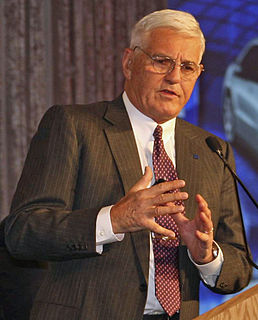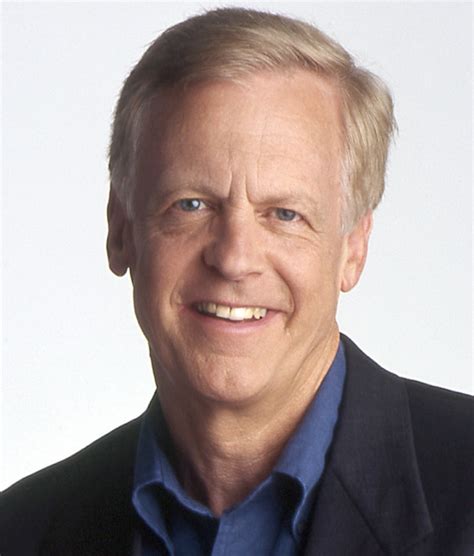A Quote by Richard Grasso
The globalization of the capital market is actually part of economic globalization. This will create a change in the entire world economy, not just restricted to some fields in some countries.
Related Quotes
The economic borderlines of our world will not be drawn between countries, but around Economic Domains. Along the twin paths of globalization and decentralization, the economic pieces of the future are being assembled in a new way. Not what is produced by a country or in a country will be of importance, but the production within global Economic Domains, measured as Gross Domain Products. The global market demands a global sharing of talent. The consequence is Mass Customization of Talent and education as the number one economic priority for all countries
What is true, and I think that we can't deny it, is that some of the same concerns about globalization, about technology, rapid social change that were reflected in Brexit, that's been reflected in some of the debates in Germany and France and other places, that those exist in the United States as well. My view is that over the long term, over the next 10, 15, 20 years, if we are able to address the legitimate economic concerns of those who feel left behind by globalization, then many of these tensions will be reduced. And we will see a world that is less divided.
I think that the movement against the World Bank, against the globalization process that is happening, is very positive. We need a globalization, a globalization of people who are committed to social justice, to economic justice. We need a globalization of people who are committed to saving this earth, to making sure that the water is drinkable, that the air is breathable.
Especially now, the immigrant problem is very dramatic around the world. Because we don't know what to do with them. They're in economic crisis, and there are more and more. There will be more and more. We speak about globalization of economy, but it's also globalization for immigration. Millions of people, they're willing to have a better life. A better life, they cannot have it where they live, so they move.
While you can say that the problem of the middle class in the rich countries is too much globalization, the problem of the people who are very poor is really that they are not included in globalization. For them, the success of their own countries at becoming part of this international division of labor would be good news.
Globalization, meaning the global expansion of a market economy, is the only way we can guarantee widespread prosperity and peace. A lot of nations are just so small, that unless they can sell their goods and services on the market they're never going to develop, they don't have an internal market that's big enough to sustain anything.
Globalization is a bottom-up phenomenon with all actions initiated by milions of individuals, the sum total of which is globalization. No one is in charge, and no one can anticipate what the sum of all the individual initiatives will be before the result manifest. A global economy can only be the result of spontaneous order.

































